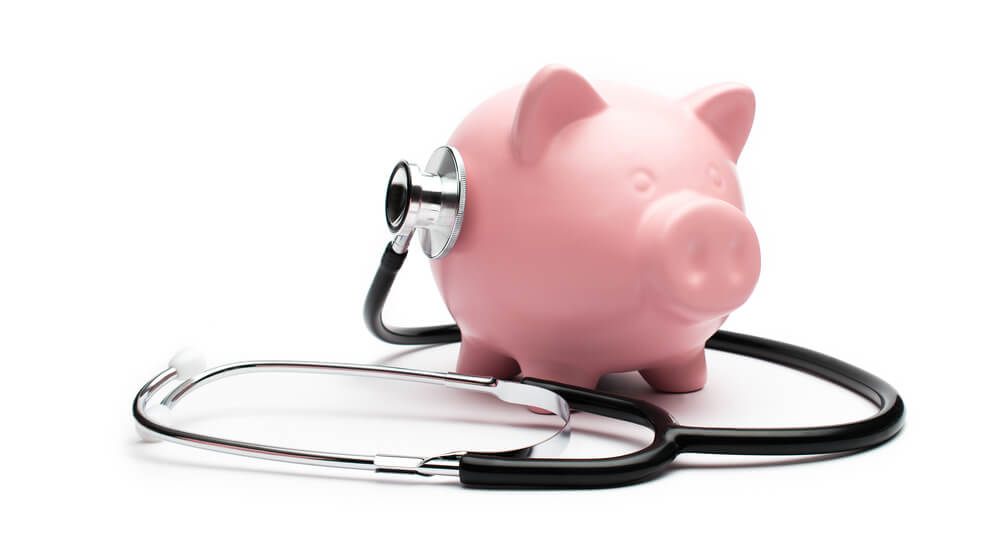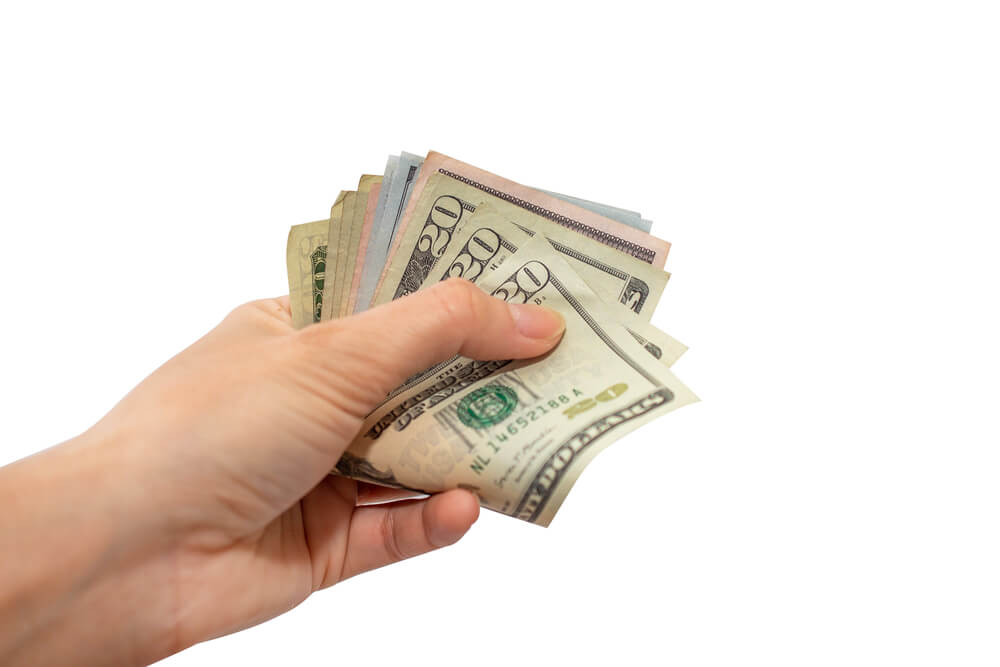
3 Ways To Have A Healthy Outlook On Money
What’s your relationship with money? It’s admittedly an unusual question to ask yourself. After all, money is nothing more than what you need to get what you want, right?
While the answer to this question may seem simple on the surface, we all inevitably develop a relationship with money beyond the power it has to make purchases. This is why many people tend to obsessively hoard money for little more than the fear of not having it or spending it carelessly on things they don’t need. Read on to learn some ways to have a healthy outlook with Delaware Title Loans, Inc.
Reframe Your Financial Wellness And Money Mindset
So how do you determine the type of relationship you have with money? More importantly, how do you make sure your cash connection is a healthy one?
After all, an unhealthy relationship or negative attitude regarding money can translate to serious problems in many other aspects of your life and relationships with others. Here are 3 ways to make sure you have a healthy outlook on spending:

Don’t Spend It Just to Spend It
Spending money feels good. It just does, especially when you’ve bought something new and shiny. It brings a rush of endorphins to the pleasure centers of your brain, which is why so many people go shopping to relax or browse online stores during their lunch breaks.
One essential rule for building your finances is to spend less money than you make. This can help you manage your finances by preventing spending more than you make. This simple fact is continually exploited by companies that have a vested interest in making it as convenient as possible for you to spend your money with them.
Change Your Bad Money Habits
How do you fight this natural compulsion to feel good? There are a couple of ways you can do it, but maybe the simplest is to simply put a temporary freeze on all non-essential spending.
This may seem like a drastic step to take, especially if you don’t think you have a spending problem, but stopping your spending cold turkey it will quickly reset your urge to spend money compulsively and break the connection to your brain’s reward center.
Plan For The Best, Prepare For The Worst
The essential key to financial wellness is maintaining a positive outlook on your money. Having a positive outlook on money is equally important to be prepared for unexpected funds that can impact your finances. The best place to start is contributing to an emergency fund that can cover three to six months of living expenses for a financial safety net.
Recognize When You’re Hoarding It
On the opposite side of the spectrum, some of us grow obsessed with having money in our bank account just for the sake of having it there. One thing to consider is saving vs. hoarding. Saving is a sensible financial habit to develop, but is it worth stressing and obsessively scrimping when you’re already financially stable?
Remember to Treat Yourself
Make it a point to treat yourself to a nice meal out every once in a while, or allow yourself to purchase new clothing from time to time. Life is too short to save for a rainy day that may never come, especially if you are depriving yourself of simple human pleasures to do so.
Use Loans Right
Using credit cards or taking out loans is another important aspect of money and the way we use it, and your views on borrowing and debt can vary dramatically based on your relationship with money. Review your spending habits to learn where your money goes and track your spending to help build your budget.
Keep Perspective
Credit cards can warp your view of money by disconnecting the act of spending from an actual exchange of cash. This can give some individuals a false sense of wealth and spending power, which can quickly lead to maxed-out card balances, late payment fees, and crippling interest charges.
Get Help When You Need It
On the other hand, many people have an aversion to taking out loans, even when they can make your life significantly easier. If an emergency hits, these individuals will often choose to suffer through it instead of taking out a payday or personal loan or even looking for 'title loans' with Delaware Title Loans, Inc. This obsessive avoidance of the help a short-term loan can offer can lead to even more dire consequences than recklessly accruing credit card debt.

Know Yourself and Your Financial Situation
Ultimately, coming to terms with your relationship with money isn’t always an easy journey, but recognizing your shortcomings and changing certain behaviors and attitudes you have can lead to positive outcomes in the long term. Just like any other kind of relationship, it requires work, attention, and respect. If you need financial help, reach out to the experts at Delaware Title Loans, Inc. Or find one of our convienent title loan locations in Delaware.
Note: The content provided in this article is only for informational purposes, and you should contact your financial advisor about your specific financial situation.